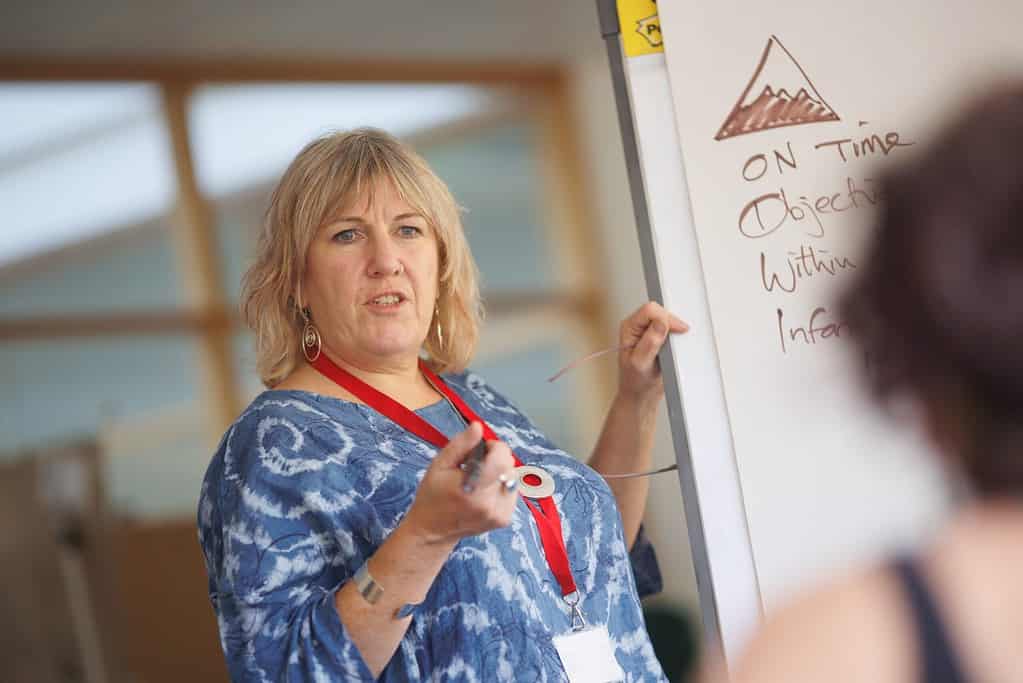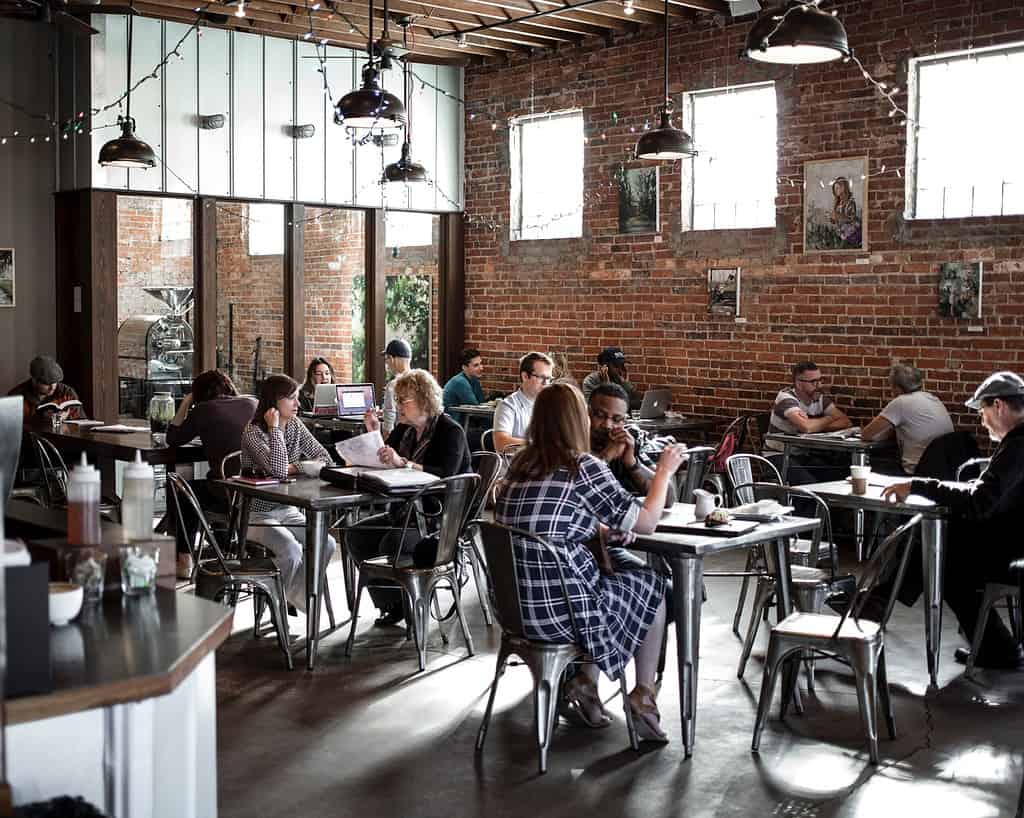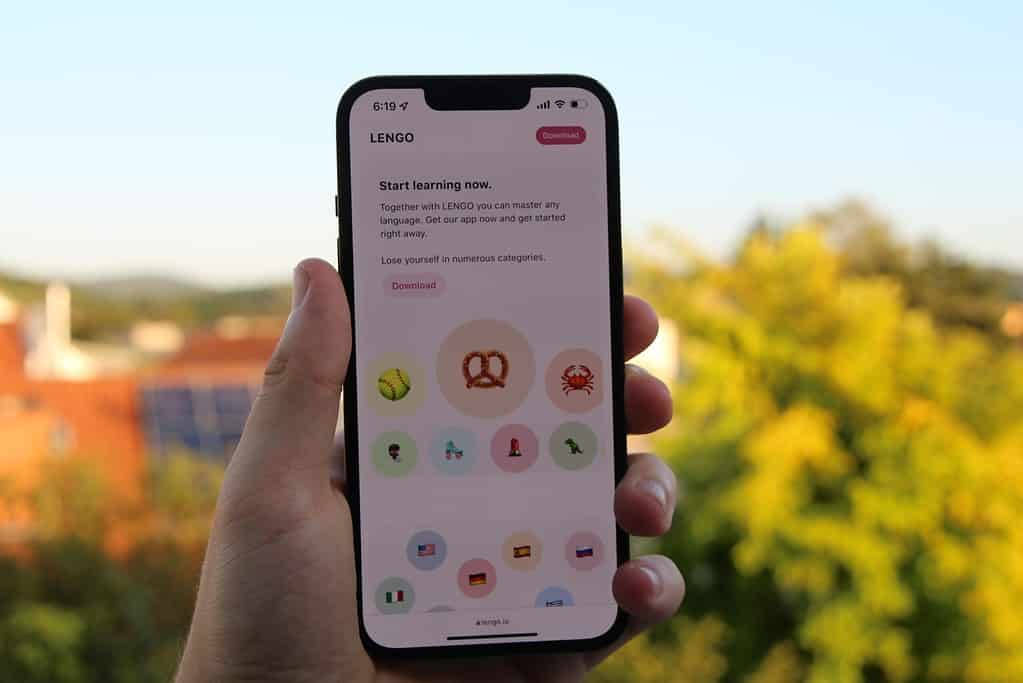Introduction: The Importance of News Media in Language Learning
French news media offers a unique window into the language as it is used in real-world contexts. By engaging with current events, learners not only build vocabulary but also gain cultural insights and connect with authentic linguistic structures. Immersion in news provides a practical approach to fluency, particularly in improving listening and reading skills. The advantage lies in exposure to context-rich language that evolves with societal changes, making the learning process both dynamic and relevant. As research indicates, actively engaging with French news media is a highly effective strategy for enhancing language proficiency by linking words with real-life events and expressions (French News for Beginners: 9 Useful Resources | FluentU).
This method enables learners to build a mental lexicon that extends beyond textbook examples. As you navigate a variety of topics—from politics and culture to science and sports—you can gradually adapt by selecting content matching your current level of proficiency. Using news media as a language tool is more than just a reading exercise; it’s a gateway to understanding French society in a deeper, more contextual manner.
Curated List of Reputable French News Sources
Choosing the right source is essential when incorporating French news into your study routine. Here is a curated list of platforms designed to cater to different proficiency levels:
For Beginners:
1jour1actu: This platform is designed primarily for children. It offers daily news stories in simplified French accompanied by engaging videos and articles, making it a perfect starting point for those new to the language. Read more at FluentU.
Mon Quotidien: A daily newspaper tailored for 10- to 13-year-olds. Its concise articles include definitions for difficult words, which is particularly useful for beginner adult learners looking to build confidence in reading French.
For Intermediate Learners:
Le Parisien: Covering both national and international news, Le Parisien provides concise articles that suit B1-B2 level learners. Its clear and straightforward writing helps learners gradually increase their exposure to more complex language without being overwhelming. Explore more at SuperFluente.
20 Minutes: This free daily newspaper offers brief, accessible articles on various topics, ideal for quick reading practice and expanding your understanding of everyday French.
For Advanced Learners:
Le Monde: Known for its in-depth coverage and advanced vocabulary, Le Monde is suited for C1-C2 level learners. The detailed articles challenge readers with richer vocabulary and sophisticated narrative styles. Learn more at SuperFluente.
Le Figaro: As one of France’s oldest newspapers, Le Figaro is renowned for its historical significance and complex linguistic structures. Advanced learners will find it a superb resource to push their boundaries and refine their comprehension skills. Visit SuperFluente for further details.
Selecting Content for Different Proficiency Levels
Matching news content with your current language level is a pivotal step in making progress without feeling overwhelmed. Beginners should start with sources that use clear language and provide additional support such as definitions or simplified vocabulary. Sites like 1jour1actu and Mon Quotidien are perfect for building a strong foundational vocabulary and gaining confidence in reading.
Intermediate learners, with a growing command of the language, can expand their horizons by exploring mainstream newspapers such as Le Parisien and 20 Minutes. These sources strike a balance between conversational tone and formal reporting, gradually enabling learners to engage with more complex grammatical structures and vocabulary.
Advanced learners, who are ready to tackle intricate narratives and a richer vocabulary, can dive into publications like Le Monde and Le Figaro. These newspapers not only present language challenges but also offer insights into nuanced opinions and detailed analyses of current events. Always remember to diversify your topics and sources to build a well-rounded linguistic understanding.
Strategies for Understanding Complex Topics
Grasping the depth of complex news topics in French requires some strategic reading. One effective approach is to use contextual clues. Even if a word or phrase is unfamiliar, the surrounding text can provide hints about its meaning and usage. Over time, repeated exposure to these contexts helps consolidate your understanding of common phrases and sophisticated expressions.
Regular practice is key. Committing to reading or listening to French news daily—even for just a short period—gradually builds your comprehension skills. Consider setting aside time for focused sessions to explore articles that challenge your current level. Reinforcing your lessons with supplementary materials like dictionaries or language apps can accelerate the process and cement new vocabulary.
The use of additional tools such as transcripts or accompanying video content further enriches the learning experience. By comparing spoken and written French, you can better understand differences in tone, colloquial usage, and formal structures. Incorporating these strategies can make even the most challenging topics accessible over time.
Tackling Unfamiliar Vocabulary in News Content
Encountering new vocabulary is an inevitable and valuable part of learning any language. When you come across a term that stumps you, try to decipher its meaning from the context first. This approach not only helps you infer meanings correctly but also promotes retention through practical examples.
It can be useful to maintain a dedicated vocabulary journal or use language apps to record new words. Revisiting these terms periodically alongside sample sentences from news articles reinforces your learning effectively. Additionally, reading out loud can enhance your retention by engaging multiple senses at once.
Sometimes, pairing up with a language partner can also help. Platforms like swaplang provide one-to-one private video sessions with native speakers, allowing you to dive into nuanced conversations about current events. This interactive method challenges you to use unfamiliar vocabulary spontaneously, bridging the gap between recognition and practical usage.
The Role of News in Improving Listening and Reading Skills
French news media is uniquely advantageous because it offers both auditory and textual content. Watching news broadcasts, listening to radio segments, or even following live streams sharpens your listening skills by familiarizing you with various accents and intonations. Over time, you’ll find that your ability to recognize spoken French in different contexts improves noticeably.
Reading diverse news articles, on the other hand, builds your comprehension of written French. The diverse styles of reporting—from concise bullet points to elaborate investigative pieces—help adapt to various formats and registers of the language. This versatility is essential for learners who aim to communicate effectively in both formal and casual settings.
Integrating news media into your learning routine bridges the gap between academic study and real-life usage. Both beginner and advanced learners stand to benefit from consistent exposure, paying attention to nuances and contextual meaning. Such regular practice naturally enhances both listening and reading proficiency.
Conclusion: Making French News a Part of Your Language Routine
Integrating French news into your daily language routine can be transformative. It not only builds your vocabulary and comprehension but also keeps you informed about current events and cultural trends in France. The carefully selected news sources cater to various learning stages, ensuring that you are neither overwhelmed nor under-challenged.
Whether you are revisiting basics through children’s news sites like 1jour1actu and Mon Quotidien or diving deep into advanced analysis with Le Monde and Le Figaro, each resource offers unique value to your language journey. Combine your news consumption with interactive practice—perhaps through a platform like swaplang—to reinforce your learning, build conversational confidence, and enjoy the process.
Embrace the challenge of understanding complex topics and unfamiliar vocabulary. Over time, this immersive practice will not only enhance your reading and listening skills but also deepen your appreciation of the French language and culture.

















